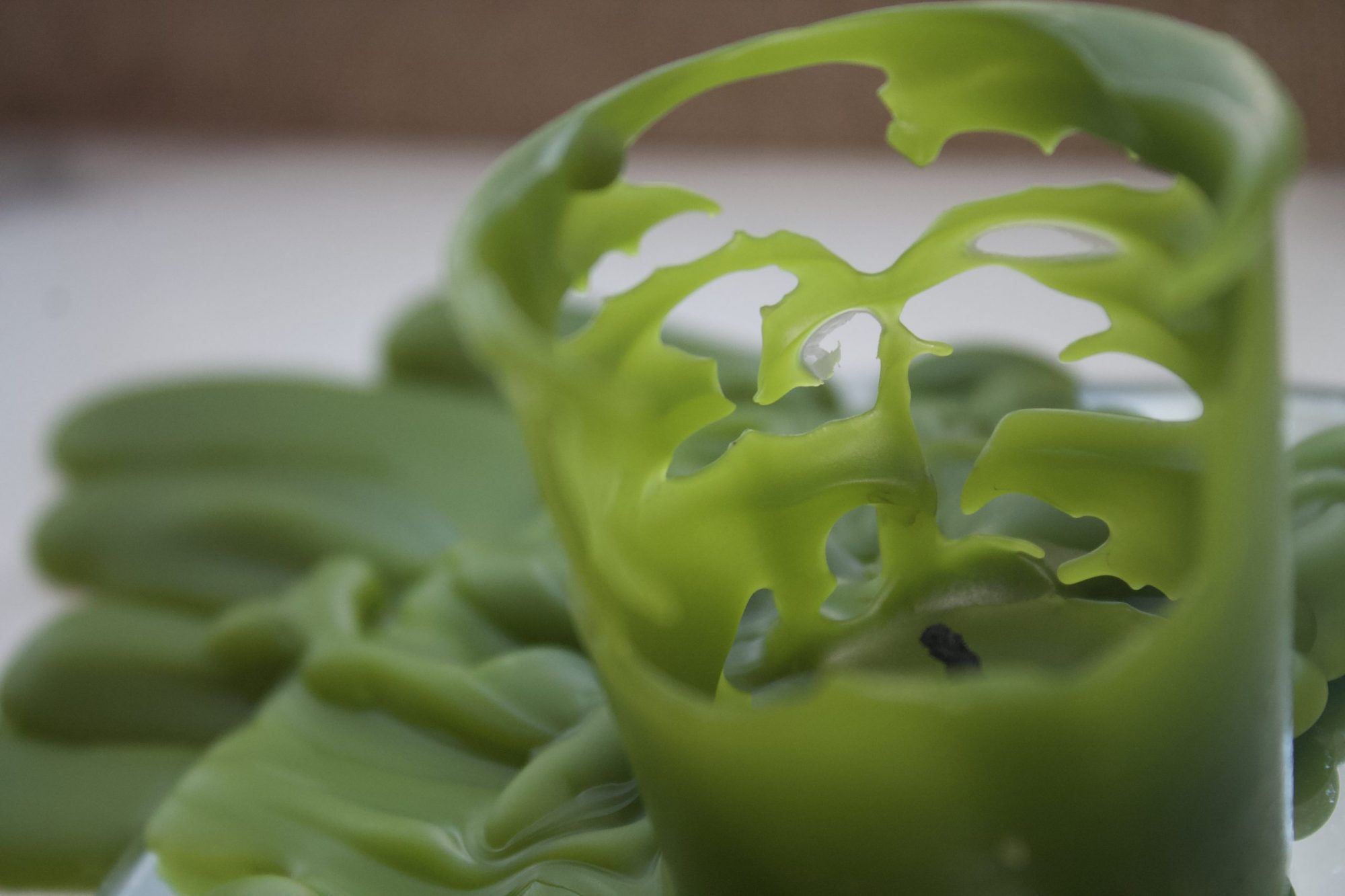The memoir’s of Mama Blanca seemed to be possible examples of euphoria vs. nostalgia, and rural life vs. city life. Furthermore, I would say the question on modernity is more present than suspected since there was so much reference to european concepts (some I can quite remember) like religion and historical mentions of Simon Bolivar and Napoleon. Lastly, I think there was a great spirit of mysticism throughout the narrative.
The book was an infusion of a nostalgic recollection and a mature sophisticated voice. I often wondered if the woman from the foreword had changed only a bit, or had changed much, or had changed none at all. As a result, sometimes I wasn’t sure if the descriptions were Blanca Nieve’s or the woman’s since the foreword shared a lot of similarities in voice. As a result of this narrative embedded in the past, it sometimes felt surreal as a reader, probably because of the time and setting in the writing is so foreign to my own conception of time and setting, and probably because of the language used in it was so distinct from the dialogue and the events.
As a reader, the mentioning of those European topics made me wonder the period in which they were living in, though I think it was the mid 19th century, but more so to the fact of what was happening in Venezuela other than in Piedra Azul. For that reason, I think there was a the humming theme of modernity slipping in and out while I read because in the narrative, modernity seemed to be excluded except for some of the topics I formally mentioned.
One word that came up for me in an attempt to describe this book in one word was mysticism, in the philosophical sense, and more specifically, possibly a child’s mysticism if that even makes sense. From the little I know about mysticism, I know that for better or for worse, it is about the greater unity one has with reality. Throughout the book, there seemed to be this spirit in small nodes. Blanca Nieves and her sisters were the innocent and unapologetic beings that were married to their curiosity for their land and for their people.
As an overall reflection on the book, I thought it was a great way to see what rural Venezuela was like after their independence. Though the country was free, this narrative seemed to show that there was still some indifference to the equality aspect of freedom and I wonder if the workers of Piedra Azul felt some type of resentment towards Blanca Nieves Father.
My question to prepose is how would you describe Mama Blanca’s memoir in one word?

Hi, Clandestino ☺︎
I was impressed by your idea of contrasting euphoria and nostalgia, rural life and city life, as I did not notice when I read this novel.
I acknowledge that there were clear social distinctions among people by race and class at the time, but for me, the one word to describe Mama Blanca’s memoirs is “elegant.” I love her choice of words and gentle tone of voice, which create the nostalgic mood of the book. I suppose De la Parra is one of the most influential women writers in the world!